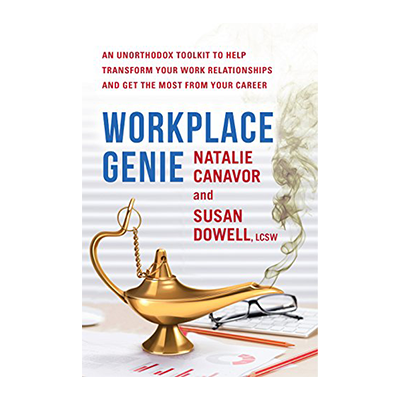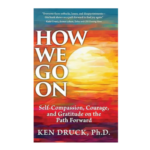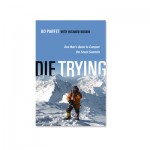There are certain things in this world that we have to do that make us feel uncomfortable, such as firing someone, delivering bad new of any kind, going to networking events or asserting yourself with friends and colleagues. Author and psychologist Andy Molinsky has studied our behavior under these uncomfortable situations and has some very sound advice to help us not only get through it but to not feel so bad in the process.
Author and psychologist Andy Molinsky has studied our behavior under these uncomfortable situations and has some very sound advice to help us not only get through it but to not feel so bad in the process.
In his new book entitled ” Reach A New Strategy to Help You Step Outside Your Comfort Zone,” he informs the reader that there are five (5) key avoidance tendencies: authenticity, competence, resentment, likability, and morality.
We need to feel, for instance, the what we are doing is authentic to who we are and that it is the right thing to do. Confronting these challenges will help identify the “gap” in our behavioral style that we can then bridge by using the three C’s: clarity, conviction, and customization.
Reach is full of rich stories and anecdotes across a range of professions from managers and executive to entrepreneurs, rabbis, priests, baristas, and stay-at-home moms, and even goat farmers. If you want to find the out how to implement the three C’s of clarity, conviction, and customization to help you bridge these uncomfortable situations, then listen to this podcast with psychologists and author Andy Molinsky about his new book “Reach A New Strategy to Help You Step Outside Your Comfort Zone.”
If you want to learn more about the book and Andy, please click here to be taken to his amazing website. There you will find free downloads, video of his talks and free questions for stepping out of your comfort zone.












